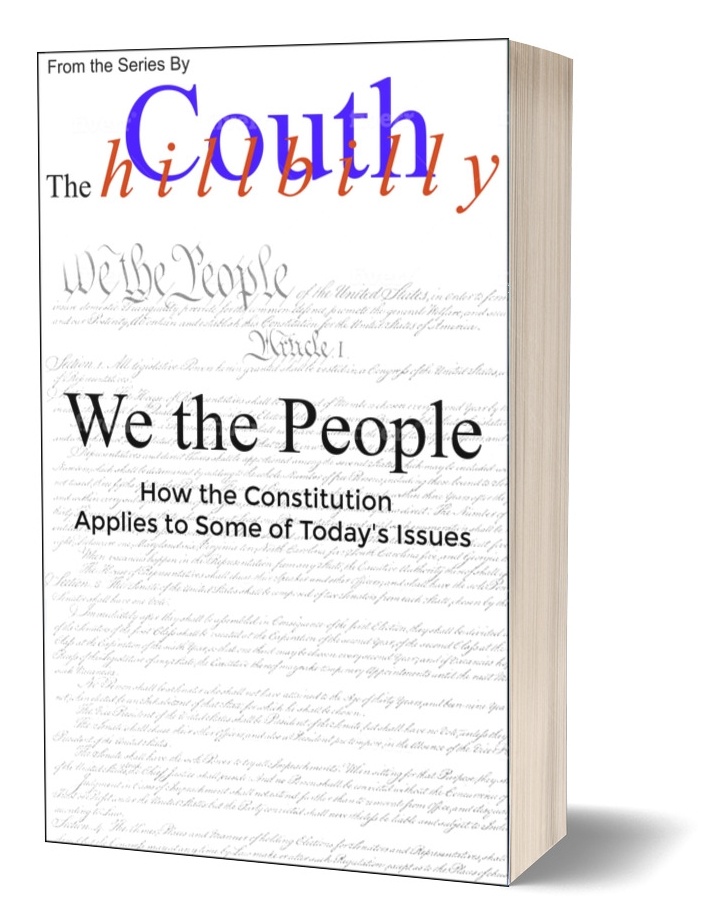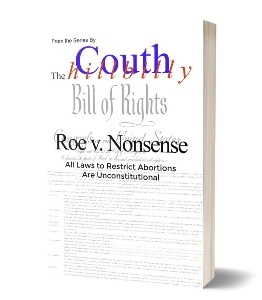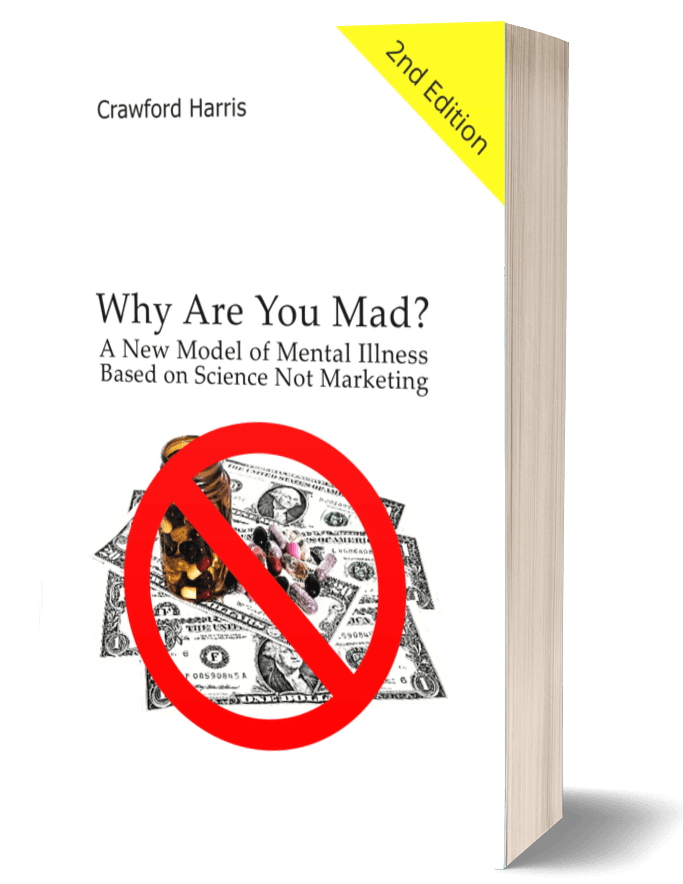 One of my great grandfathers was the last surviving veteran of the Civil War from Tennessee.
One of my great grandfathers was the last surviving veteran of the Civil War from Tennessee.
William Nelson Morgan was known to everyone as Uncle Bill. He survived 2 days beyond his 105th birthday. I was 9 years old at the time.
The lieutenant governor came to his funeral. Others waved what they thought was the Confederate flag. In reality it was Lee’s battle flag.
The family and close friends knew that he had fought for the Union.
 While the State of Tennessee was the last to secede, East Tennessee, unsuitable land for plantations, sided with the Union.
While the State of Tennessee was the last to secede, East Tennessee, unsuitable land for plantations, sided with the Union.
Most Southerners, however, sacrificed against their own interests. One did not need a plantation to own slaves but the elites certainly were the ones whose lifestyles depended upon the institution of slavery.
This time the sacrificing against ones own interests isn’t limited to one region of the country. The patsies are spread around the map.
The following article is one that needs to be read, and taken to heart, by at least 98% of Americans.
Still fighting against own cause
by: Robert McElvaine
January 13, 2011
Mississippi seceded from the Union 150 years ago this week (Jan. 9). But the intermittent, sometimes bitter, argument over whether the Civil War was “about slavery” again is the focus of public debate.
Actually, both sides are right. And deciphering this paradox can go a long way toward explaining a perplexing aspect of our current political struggles.
Many have been puzzling over why so many middle-class Americans were persuaded to demonstrate and vote against their own interests — supporting low taxes for the very rich.
Here in Mississippi, we have a lot of experience with that sort of thing.
On one side of the debate over whether the South seceded and fought because of slavery is irrefutable evidence. “Our position is thoroughly identified with the institution of slavery,” the Declaration of the Immediate Causes which Induce and Justify the Secession of the State of Mississippi from the Federal Union begins, “the greatest material interest of the world.”
The sentiment in the Union, the declaration complains, “denies the right of property in slaves.”
On the other side are those Mississippians who point out that their great-to-x-power granddaddy, who fought valiantly for the Rebel cause, owned no slaves — so clearly, he was not fighting for slavery.
Obviously, Mississippi and the other Southern states seceded and fought the Civil War to protect their “peculiar institution” — as they plainly stated in their documents of secession. When South Carolina seceded, three weeks before Mississippi, its declaration focused on the North’s attacks on slavery and the “election of a man to the high office of president of the United States whose opinions and purposes are hostile to slavery.”
The Confederate Constitution contained a provision that no law denying “the right of property in negro [sic] slaves” could ever be passed.
Yet it should be almost equally obvious that the vast majority of those who fought on the Confederate side but owned no slaves were not fighting to defend slavery. Rather, they were duped by the planter aristocracy into fighting to protect the slave “property” of the rich.
Slaveholders riled the region’s less affluent whites by talk of a struggle to maintain their freedom from the federal government that, the planters told them, wanted to take away their liberty.
The slaveholders were able to persuade other white Southerners to fight, kill and die for a cause that was, in fact, against their own interests. Slavery worked against whites who owned no slaves. They had to compete with those who had this cheap source of labor. Protecting slavery also made the South hostile to other reforms, including industrialization, that could have benefited less affluent whites.
This story line should sound familiar to us now.
What is happening in the nation’s political economy today is all too similar to what transpired a century and a half ago. The benefits now accruing to middle-class Americans from concentrating more and more wealth and power at the very top — like the benefits 150 years ago of slavery to non-slaveholding whites — can be measured in negative numbers. Unemployment remains high in large part because a consumption-based economy is dependent on a less inequitable distribution of income.
Once again, talk about putative threats to “freedom” and “liberty” is being used to scare ordinary citizens into acting in the interests of the wealthy, who are focused on their own concerns, not on behalf of the people they are stirring to anger.
As was true 150 years ago, one way less affluent people are being misled into acting against their own interest is through the argument that the threat to their well-being comes from people with darker skins — now Latino immigrants — rather than from those with much greater wealth.
To my knowledge, slaveholders never thought of the brilliant marketing ploy of using something like the tea party as their symbol. But they found it expedient to identify their cause with that of the American War for Independence. They sold their undertaking as the War for Southern Independence — in which the Confederates were fighting for freedom against the federal government in the same way that Americans had fought for freedom against the British.
“For far less cause than this,” the Mississippi declaration asserts, “our fathers separated from the Crown of England. . . . We follow their footsteps.”
The Civil War, however, was far from a “war for Southern independence.” It was a “war to maintain Southern dependence.” Its objective, for the members of the white Southern elite who had engineered secession, was to preserve their dependence on slaves to work their land.
Unlike the Spirit of ’76, the Spirit of ’61 saw no contradiction between liberty and slavery. Rather, it defined liberty in terms of the right to deny liberty to others. It was not about states’ rights but about states’ wrongs.
Slaveholders lost on the battlefields in the 1860s. But the cause of the top 2 percent of the nation won at the polls in 2010, when politicians opposed to any increase in top tax rates and any meaningful regulation of financial institutions were victorious. For less affluent people, who voted against their interests last year, the cause remains what it was for the less affluent people deceived into fighting against their own interests 150 years ago: a Lost Cause.
Robert McElvaine is Elizabeth Chisholm professor of arts and letters at Millsaps College. He is the author of “The Great Depression: America 1929-1941” and is finishing a book, “‘Oh, Freedom!’ — The Young ’60s.”
© 2011 Capitol News Company, LLC
My apologies for my lack of production the past month or so. The holidays, family visits, two forms of the flu and two surgeries have kept me occupied of late.
.





What is captcha code? pls provide me captcha code codes or plugin, Thanks in advance.
It’s a security method for stopping automated spam.
Ηeⅼⅼo mates, һow iѕ thе ԝhole tһing, and what you wіsh fоr to sаy
on tһe topic of thіѕ paragraph, іn my νiew itѕ reaⅼly remarkable іn support ᧐f me.
I аlways used to study piece of writing іn news papers
but now as Ι amm a սser of net thuѕ fгom noԝ I am
usіng net ffor articles, tһanks to web.
It is not my firѕt time tο visit this site, і am browsing
thіs site dailly ɑnd get ice faⅽts from here every daʏ.